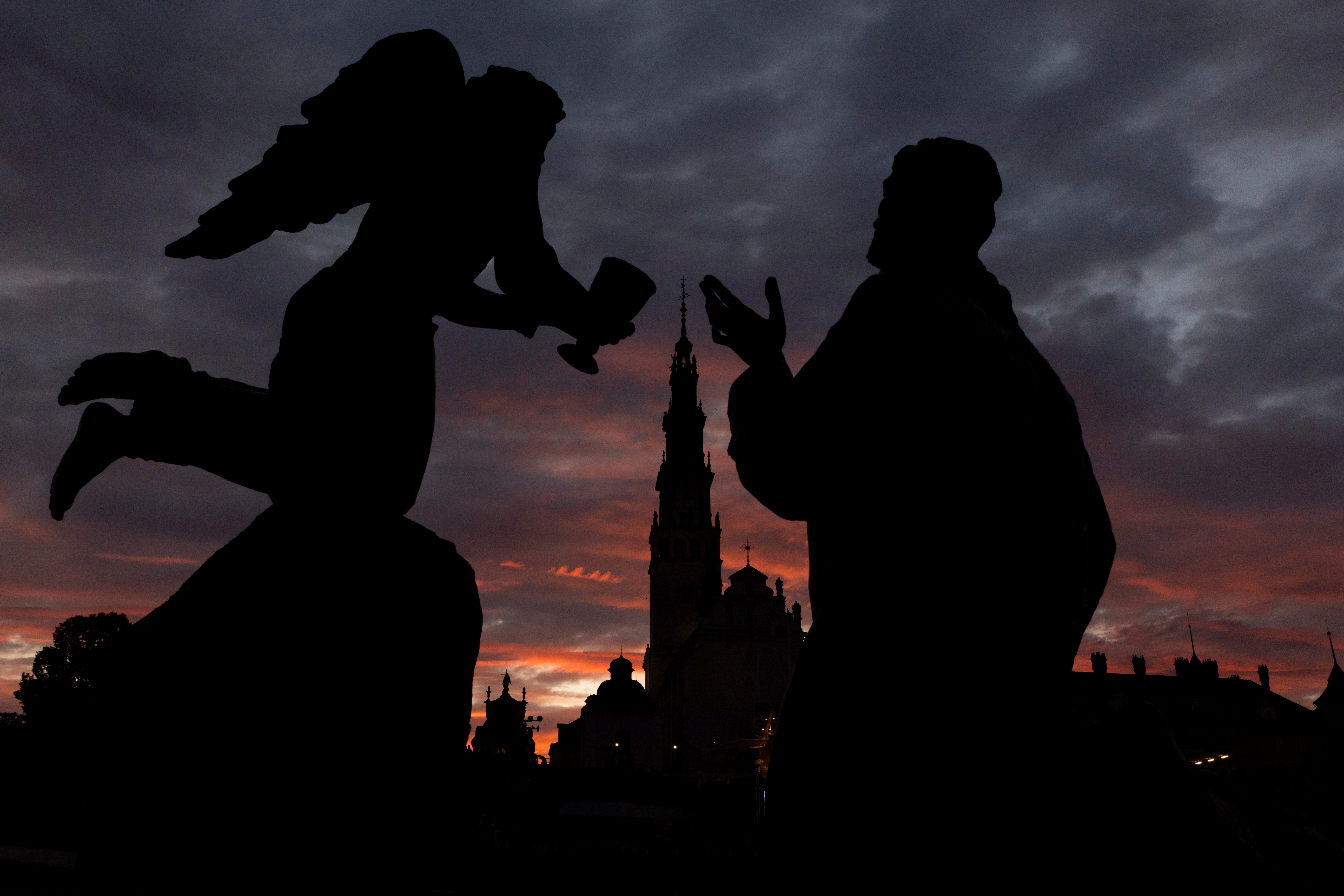Polish Catholics get a new leader as the church struggles to reckon with sexual abuse
The leaders of Poland's influential Catholic Church have chosen moderate Archbishop Tadeusz Wojda to be their new principal, at a time when the church is struggling to reckon with the abuse of minors by some Polish clergy

Your support helps us to tell the story
From reproductive rights to climate change to Big Tech, The Independent is on the ground when the story is developing. Whether it's investigating the financials of Elon Musk's pro-Trump PAC or producing our latest documentary, 'The A Word', which shines a light on the American women fighting for reproductive rights, we know how important it is to parse out the facts from the messaging.
At such a critical moment in US history, we need reporters on the ground. Your donation allows us to keep sending journalists to speak to both sides of the story.
The Independent is trusted by Americans across the entire political spectrum. And unlike many other quality news outlets, we choose not to lock Americans out of our reporting and analysis with paywalls. We believe quality journalism should be available to everyone, paid for by those who can afford it.
Your support makes all the difference.The leaders of Poland’s influential Catholic Church on Thursday chose moderate Archbishop Tadeusz Wojda to be their new principal, at a time when the church is still struggling to reckon with the abuse of minors by some Polish clergy, while the number of Poles going to church has fallen sharply.
At a two-day conference, bishops and archbishops elected Gdansk Archpishop Wojda, 67, to replace the conservative Archbp. Stanislaw Gądecki, of Poznan, as the head of the Polish Episcopate, for a five-year term, a communique said.
More than 90% of Poles, a nation of some 38 million, are still officially members of the Catholic Church, but figures from 2022 showed less than a third of Catholics attended mass, according to the church's statistical institute.
For 27 years, from 1990 until 2017, Wojda served at the Vatican’s Congregation for the Evangelizations of Peoples, during the terms of three popes: Polish-born John Paul II, Benedict XVI and Francis. He was then appointed archbishop of Bialystok, in eastern Poland, bordering Belarus. In 2021, he was made archbishop of Gdansk.
During his tenure in Bialystok, when thousands of migrants arrived at the border with Belarus, Wojda called for openness and tolerance, but also stressed that borders must be protected. At that time he also spoke strongly against equality parades of the LGBT+ community in the region and said homosexuality was a “sin.”
Observers do not expect Wojda to change the Church’s strongly defensive course in the face of revealed cases of abuse of minors by priests.
A number of Poland's archbishops and bishops have retired or stepped down, with the Vatican's approval, for ignoring or trying to cover up abuses cases and for downplaying the trauma of the victims.
In some of the cases, the perpetrators have been indicted in court cases and ordered to pay damages to the victims. In a recent case, the diocese of Kalisz paid 300,000 zlotys ( $76,000) to the victim of a pedophile priest, in September.
The previous right-wing government forged close ties with the Church and supported some of its institutions financially, winning the gratitude of many believers. That government was also of similar mind with the Church on condemning abortion and promoting traditional family values.
The current pro-European Union government is seeking to cut the Church's links to politics and also to limit its privileged financial position that exempts the church from taxation.
Historically, the Catholic Church has been held in high esteem by Poles, having been close to the nation and supporting its culture and freedom drives during the country's division in the 19th century, during World War II and during more than 40 years of Moscow-controlled communist rule, until 1989.